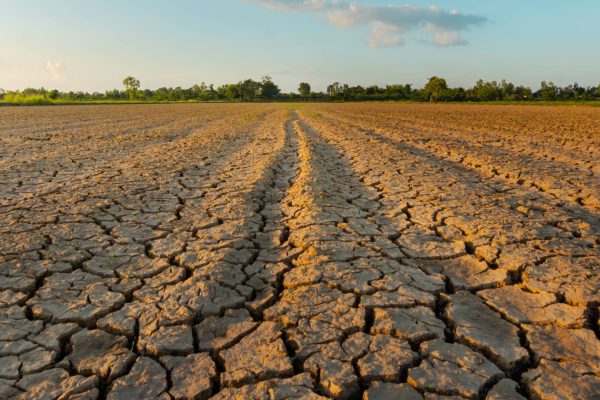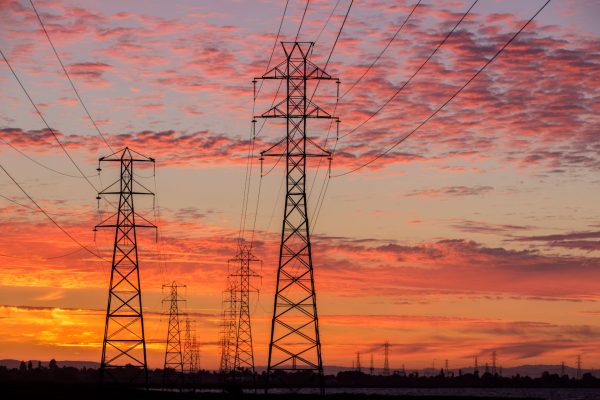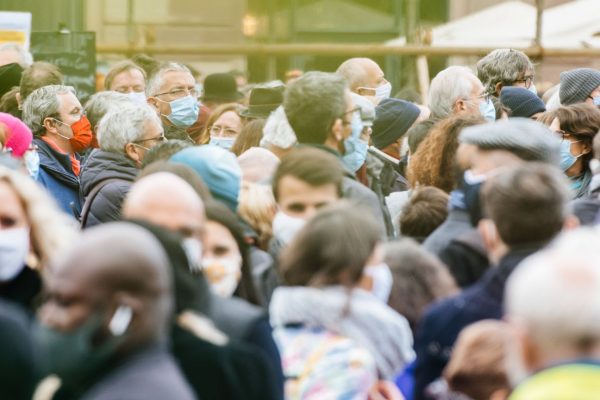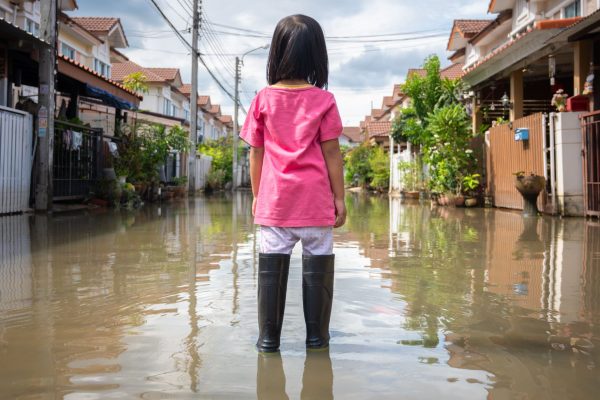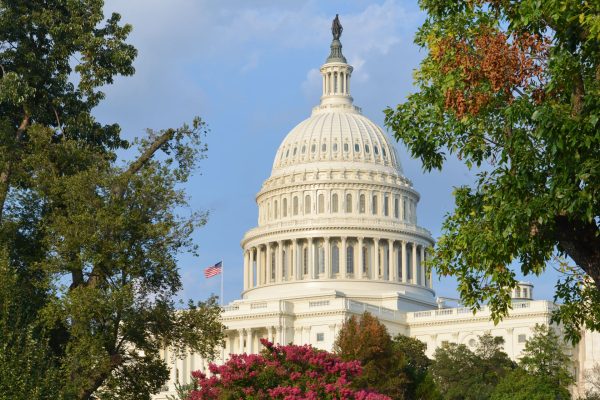Penn State’s Climate Consortium focuses on critical climate challenges that offer research opportunities and the potential to unite experts, partners, and communities for greater collective impact.
These overarching themes and the intersections between them represent promising pathways to create tangible solutions that improve the lives of individuals and communities.
Built Environment & Transportation
The built environment and transportation are significant sources of greenhouse gas emissions, but they can also be a key part of the solution to climate change.
Change & Risk
Tracking how the climate is changing and modeling the impacts of these changes on humans and the environment is essential grounding for understanding risks and developing solutions.
Energy Transition
The energy transition, a shift from fossil fuels to renewable energy sources, is essential for reducing greenhouse gas emissions and mitigating the impacts of climate change.
Finance & Business Innovation
Finance and business innovation are crucial in addressing climate change by encouraging sustainable investments, developing innovative technologies, and creating new business models that support a low-carbon economy.
Health & Well-Being
Climate change poses significant threats to human health, but we can address these challenges by reducing greenhouse gas emissions, building resilient communities, and investing in public health infrastructure.
Indigenous & Local Knowledge Systems
Indigenous and local knowledge systems offer valuable insights and practices that can complement and enhance scientific approaches to mitigating climate change and building resilient communities.
Justice & Ethics
Climate justice solutions involve addressing the disproportionate impacts of climate change and empowering communities.
Nature-Based Strategies
Nature-based strategies include restoring and protecting forests, wetlands, and other ecosystems, as well as promoting sustainable agriculture and conservation.
Policy & Governance
Effective policies and leadership at the local, national, and international levels are necessary to drive meaningful action on climate change and create a more sustainable future.
Public Engagement, Communication & Behavioral Change
Public engagement, effective communication, and fostering behavioral change are crucial for building a collective understanding of climate change, driving action, and ensuring a just and equitable future.

